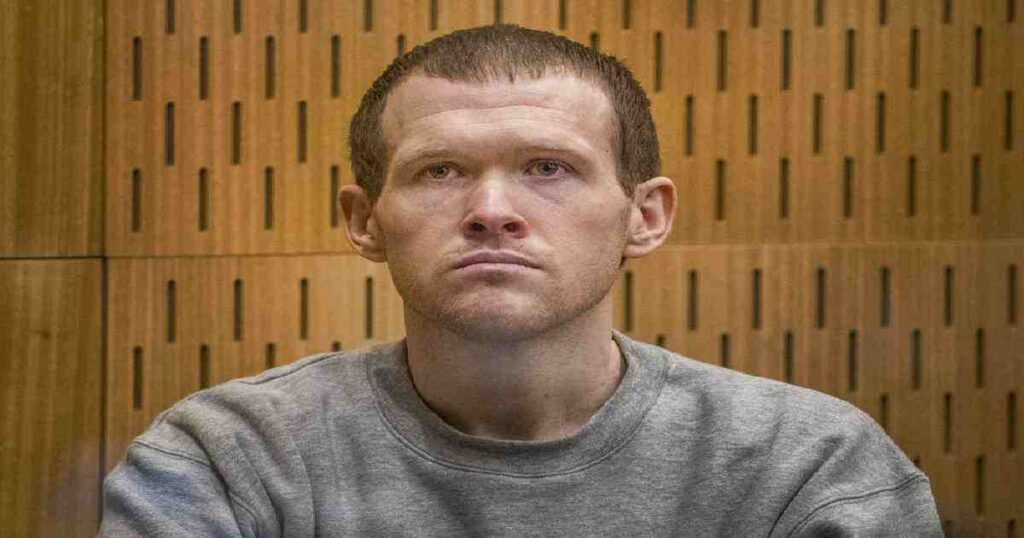Relatives and survivors from a mass shooting at two New Zealand mosques described on Tuesday how more than a year later they are still having trouble sleeping, enjoying life and providing for their families.
They narrated their ordeal on the second day of a four-day sentencing hearing for white supremacist Brenton Harrison Tarrant, reports AP.
Tarrant killed 51 Muslim devotees and injured dozens more during the March 2019 attacks. The 29-year-old Australian gunman in March pleaded guilty to murder, attempted murder, and terrorism, reversing an earlier not guilty plea.
He could become the first person in New Zealand to be sentenced to life imprisonment without the possibility of parole, the toughest sentence available.
The hearing has given many a chance to confront Tarrant, who has shown little emotion throughout as he sits in the dock surrounded by five officers. He is noticeably thinner than after he was first arrested.
Rashid Omar, whose 24-year-old son Tariq was killed at the Al Noor mosque, said he’d desperately held out hope his son had survived until police and Muslim leaders read out a list of those who’d died.
“My body went completely weak and everything went silent,” Omar said.
He started crying with his family even though he’d intended to remain strong. “As a parent, no matter how old your children are, they’ll always be your baby,” he said.
Each day has become a burden to endure and he finds even simple tasks hard to complete, Omar said. He wakes up tired and with no energy. He once loved photography, he said, but now can’t bear to pick up a camera.
Scarred for life
Omar’s wife Rosemary said she functions from moment to moment, often in a fog. The loss and grief is debilitating, she said, and has cast a shadow over everything in their lives.
“It’s like I’m broken, and I see my family as broken,” she said.
Many of those who spoke described ongoing financial strain.
Motasim Uddin, who was shot in the leg and spent more than three months hospitalised, said he hadn’t been able to return to his job as a welder and was worried about his future, especially as he was trying to support his parents in Bangladesh.
“I cannot forget what happened, what I saw,” Uddin said. ”I try to forget, but I wake up thinking about it.”
Noraini Milne, whose 14-year-old son Sayyad was killed, said her own survival came as a blessing as she planned to spend her life helping others.
“You chose to perform a despicable and cowardly act,” she said to Tarrant.
Tarrant has dismissed his lawyers and is representing himself during the sentencing, raising fears he could try to use the occasion as a platform to promote his racist views. He can choose to speak once the survivors have spoken, although the judge will likely shut down any attempts he makes to grandstand.
The attacks targeting people praying at the Al Noor and Linwood mosques shocked New Zealand and prompted new laws banning the deadliest types of semi-automatic weapons.
They also prompted global changes to social media protocols after the gunman livestreamed his attack on Facebook, where it was viewed by hundreds of thousands of people.
source: AP/UNB




